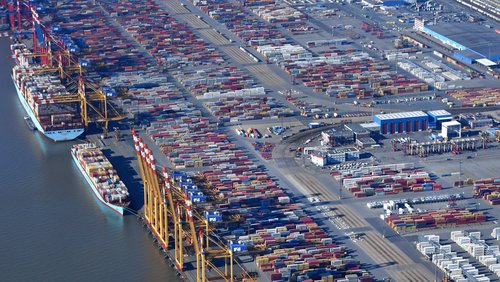Data is a success factor for digital platforms and the core of their business model. The rationale behind this is that data allows for improving the matching process between users which creates value for the platform.
The anti‑steering provision of Article 5 (4) of the DMA: a law and economics assessment on the business model of gatekeepers and business users

Data is a success factor for digital platforms and the core of their business model. The rationale behind this is that data allows for improving the matching process between users which creates value for the platform.
Since some large platforms act as gatekeepers, the Digital Markets Act (DMA) was introduced in Oct. 2022 to ensure a fairer business environment. This paper analyzes the consequences of the 4th obligation of Art. 5 of the DMA. Using a simple game theory model, we ana lyze the changes in incentives for diferent business models implied by the obliga tion. In fact, the obligation increases the incentives for the business users to use the platform because new customers can be acquired. The incentives for establishing an independent web shop also increase. Furthermore, more data is available, both for the platform and the business users. However, the platform is likely to beneft more from the increase in data collection and is incentivized to become vertically inte grated. Finally, the fees imposed by the platform may increase.
The anti‑steering provision of Article 5 (4) of the DMA: a law and economics assessment on the business model of gatekeepers and business users


EU-Lieferkettengesetz: Gravierende Folgen für Entwicklungsländer
Heute unternimmt die belgische Ratspräsidentschaft einen erneuten Versuch, eine Mehrheit für das EU-Lieferkettengesetz zu finden. Trotz Nachbesserungen drohen immer noch erhebliche Nachteile – nicht nur für die europäische Wettbewerbsfähigkeit, sondern auch ...
IW
Leasing-Marktbericht 2024
Die Investitionen in Deutschland leiden unter den gegenwärtigen makroökonomischen Rahmenbedingungen. Bei den realen Bruttoanlageinvestitionen war im Jahr 2023 nochmals ein Rückgang gegenüber dem Vor-jahr in Höhe von 0,7 Prozent zu verzeichnen.
IW